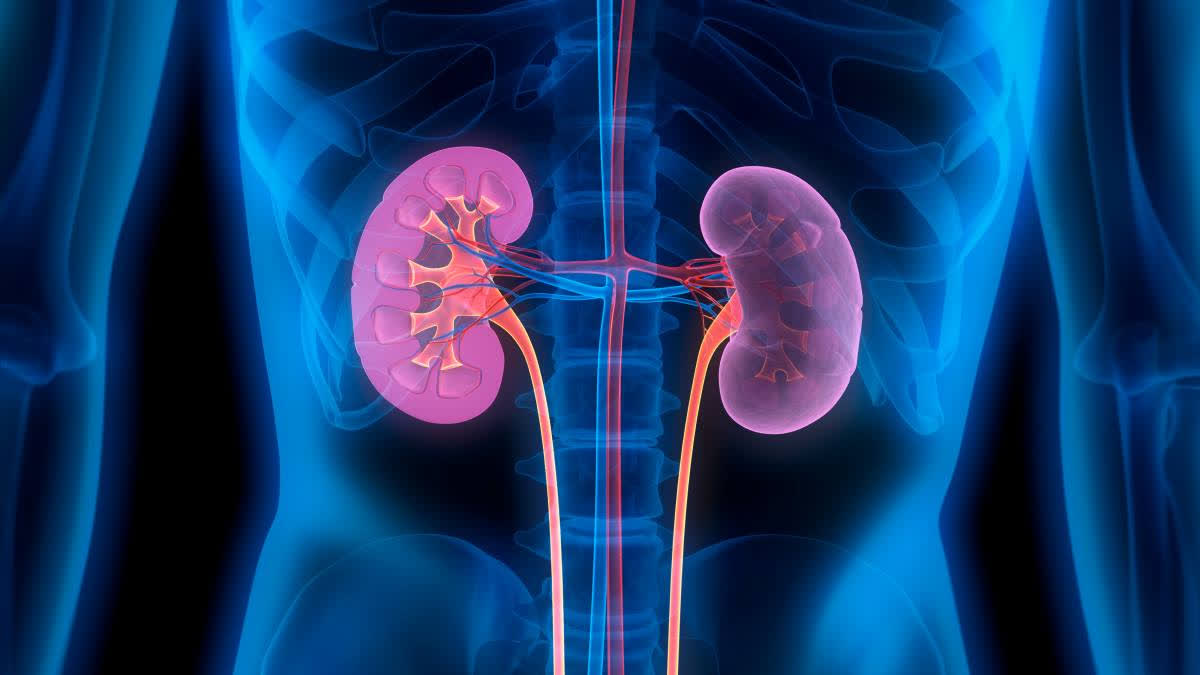Srinagar (J&K): In recent years, kidney stones have become a prevalent health concern, causing discomfort and distress to several individuals. While mild cases may not cause significant trouble, severe kidney stones can disrupt one's peace of mind and well-being.
In an insightful conversation with ETV Bharat, Dr Tanveer Iqbal, a renowned urologist based in Kashmir, talks about the issue in detail.
According to Dr Tanveer, kidney stones, also known as 'renal calculi', are crystalline mineral deposits that form inside the kidneys or urinary tract. These stones come in various types, including calcium oxalate, calcium phosphate, uric acid, and cystine stones.
"It's not feasible to categorise stones as more or less dangerous solely based on their types," emphasized Dr Tanveer. "The severity of stone-related diseases varies, depending on the affected area and the extent of urinary tract obstruction."
Dr Tanveer further explained that kidney stones typically form due to the kidneys' function of filtering blood and producing urine, which involves removing waste products, including certain toxic substances, from the body. However, when these harmful substances cannot be completely eliminated, they gradually accumulate and solidify into stones, medically termed as nephrolithiasis.
Discussing the predisposing factors, Dr Tanveer highlighted the role of environmental factors, dietary habits, and genetics in stone formation. Individuals working in hot environments or consuming diets rich in certain substances, such as oxalates found in nuts and sweets, are more prone to developing kidney stones. Moreover, familial history and improper dietary practices significantly contribute to the risk.
